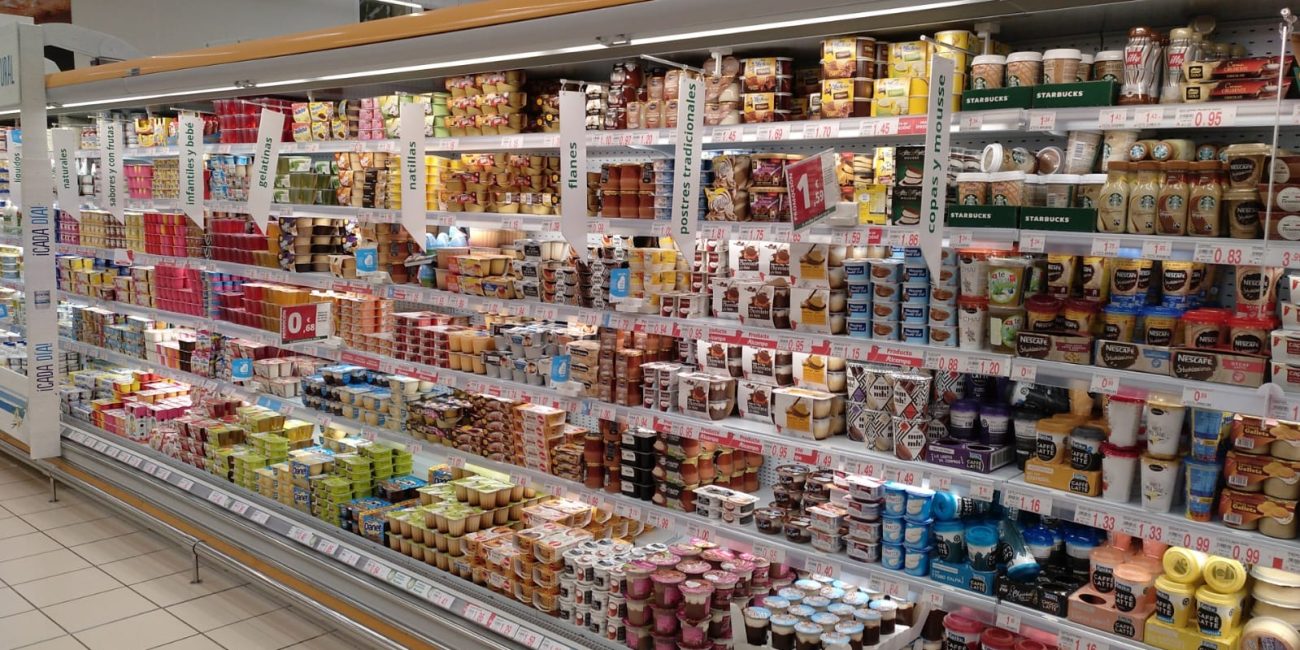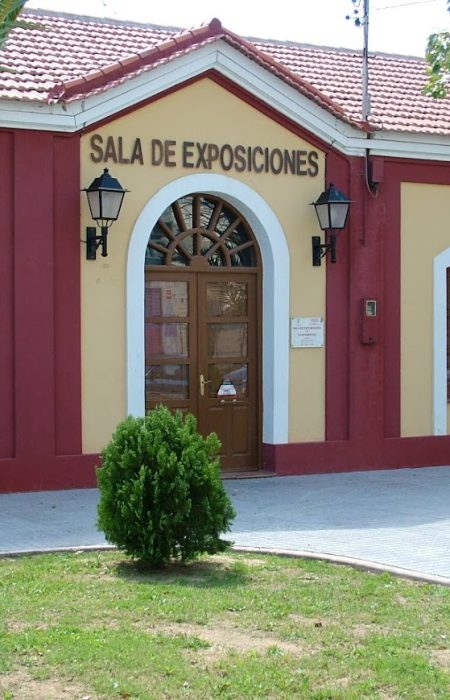Nine out of 10 products with protein claims are unhealthy, according to a study conducted by Miguel Hernández University (UMH) in Elche.
In an analysis of the nutritional values of over 4,300 processed products of twelve different types, conducted by researcher Marta Beltrá and Ana Belén Ropero, professor of Nutrition and Food Science at the UMH, it was discovered that 13% of the products contained statements about protein, and that more than half of them had been enriched to increase the content of this nutrient. Furthermore, study showed that, despite animal protein’s more complete amino acid profile, vegetable protein was used more frequently in these products.
According to the study’s findings, 91% of goods with protein claims like “high protein” or “+ protein” are unhealthy. Three factors contribute to this: over half are heavy in fat or salt, one in four are high in saturated fats or free sugars (the “bad”), and one in five have sweeteners.
Additionally, only two-thirds of the items were fortified, despite the fact that the study indicates that foods with protein claims contain more than those without. As a result, the authors of the investigation draw the conclusion that a product with a nutritional claim about its protein content does not necessarily have a higher protein content than alternatives that do not.
However, the UMH in Elche study found that eating extra protein has two choices. One option is to choose goods with higher protein content, and the other is to consume more naturally high-protein foods like legumes and fish. Selecting the second option has the benefit of having more other nutrients, such vitamins and minerals, in these foods.
According to the study, there are some benefits to eating goods with protein claims, though, as when they are enriched, they can be a fun way for physically active people to meet their daily protein goals without consuming more calories.
Additionally, they can lower the prevalence of anorexia in these demographic groups by assisting older adults, particularly those residing in nursing homes, in increasing their protein intake.









No Comment! Be the first one.